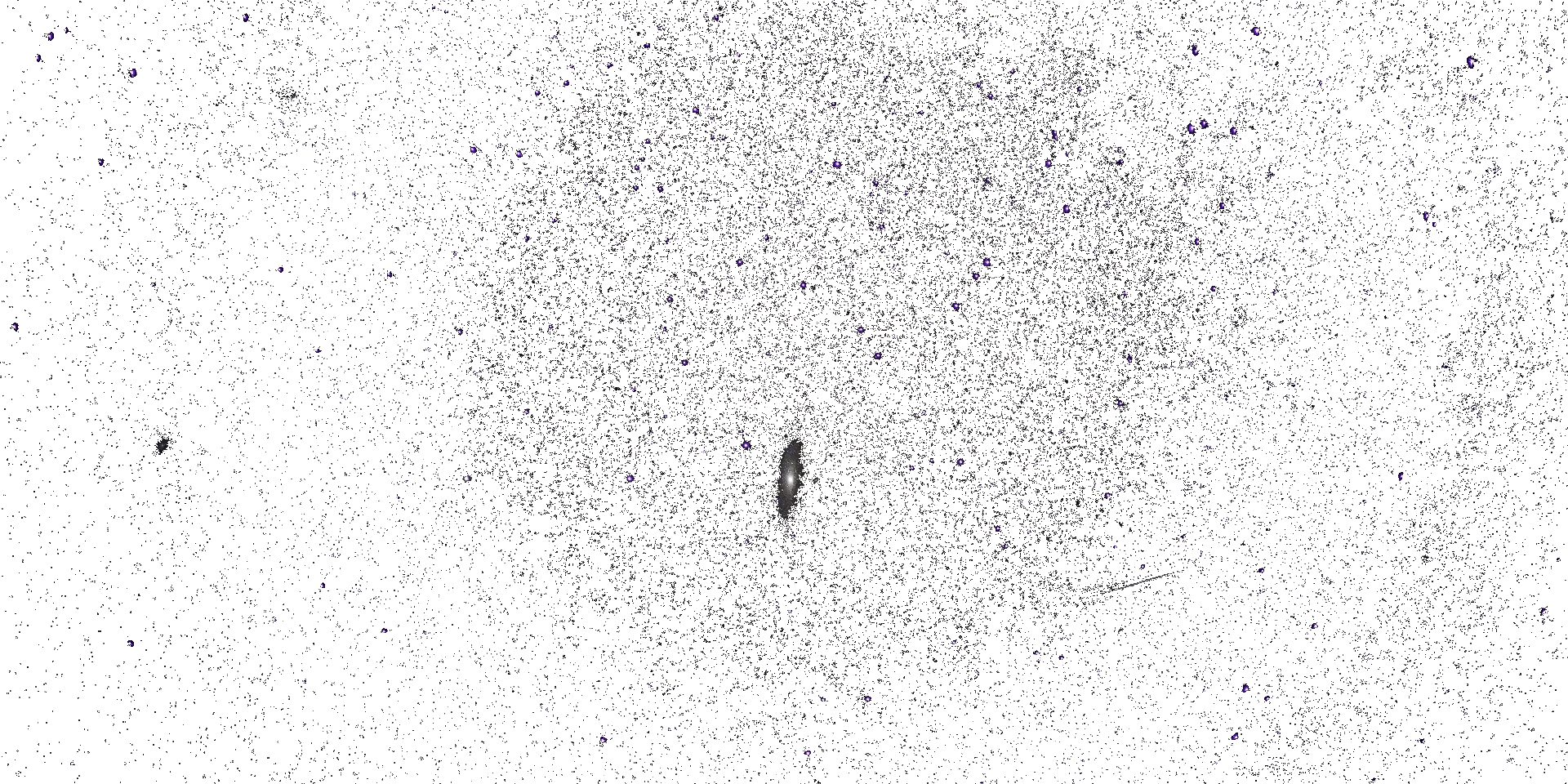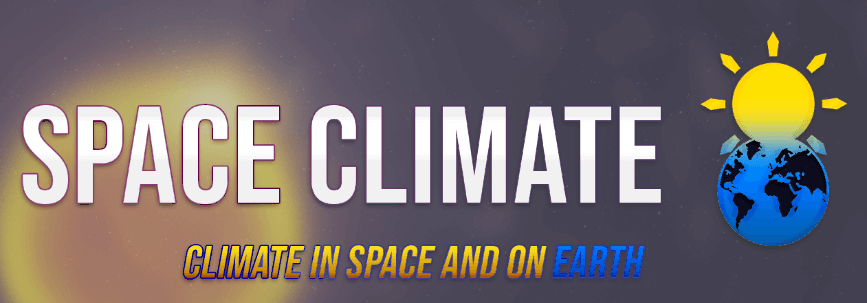




Space Climate 8 Meeting Abstract
Planetary waves controlling the dynamical response of polar vortex to energetic particle precipitation
Timo Asikainen (Space Physics and Astronomy Research Unit, University of Oulu, Finland)
Antti Salminen(1), Ville Maliniemi(2) and Kalevi Mursula(1)
1) Space Physics and Astronomy Research Unit, University of Oulu, Finland
2) Birkeland Centre for Space Science, University of Bergen, Norway
Energetic electron precipitation (EEP) into the winter time polar atmosphere is known to create NOx and HOx compounds, which are transported during the winter from mesosphere and lower thermosphere down to the stratosphere. There they are known to cause significant catalytic ozone loss, which has been verified by both observations and chemistry climate models. Ozone loss in turn causes changes in atmospheric temperature distribution and expected dynamical changes, which are reflected in variations of the stratospheric polar vortex and even on ground level. However, while the chemical signals of EEP are undisputed these dynamical signals are sometimes difficult to detect unless special care is taken to consider the internal state of the atmosphere.
Here we review our recent findings, which indicate that the internal state of the atmosphere and the way it guides planetary wave activity from the troposphere into the stratosphere is a key component in enabling the EEP influence on atmospheric dynamics. The dynamical EEP influence seems to be amplified by wave-mean-flow interactions under suitable atmospheric background conditions favoring proper refraction of planetary wave activity in the stratosphere. We also discuss one interesting consequence of this mechanism, recently confirmed by observations, where lower than average levels of EEP could cause polar vortex weakenings.
Mode of presentation: oral (Need to be confirmed by the SOC)
